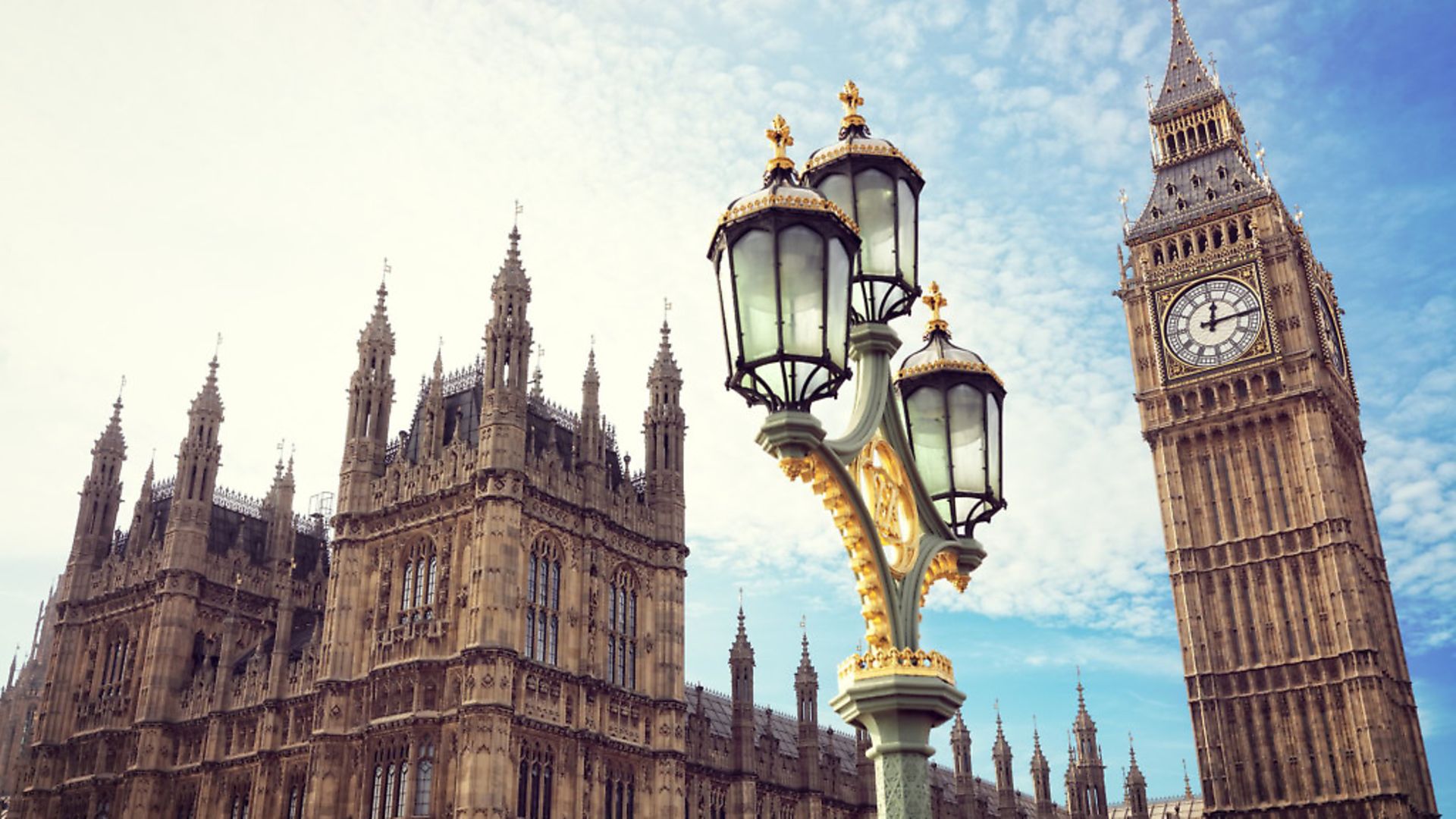
Even the best-case scenarios following the impending general election could make for a bleak midwinter, says JAMES BALL.
In (rare) moments of unguarded honesty, politicians and those campaigning for them are noting there are a large number of UK voters who seem to be wishing this was an election that everyone could lose.
Voters might want to be careful what they wish for. A week out from the election, recent opinion polls have suggested outcomes ranging from a triple-figure Conservative majority to Boris Johnson, like Theresa May, falling short of any majority whatsoever.
Few would dare to predict what polls will do in the last few days before voters go to the ballot, but the more outlandish claims of the early election – Liberal Democrats promoting Jo Swinson as a potential prime minister, or Nigel Farage claiming his Brexit Party would be anything other than an irrelevance – have all but died.
Similarly, no-one believes a Labour majority is a remotely likely possibility, and few expect Labour to emerge as the largest party. That leaves a series of messy options from which the UK’s political elite would have to navigate.
The Conservatives, if as expected they are the largest party, will claim this gives them the moral right to make the first attempt to form a government – especially if they fall only just short of the notional 325 seats (actually a few less in practice) they need to form a government.
The problem then becomes finding anyone to work with. Johnson will find the DUP a tougher proposition than his predecessor did, given their repeated insistence that his Brexit deal is unacceptable to them. The DUP is extraordinarily unlikely to change their mind on that issue, which would leave Johnson facing the prospect of having to jettison his own deal if he wanted to keep possession of Number 10.
The Lib Dems seem a similarly remote prospect, though some in the party have floated the idea of working with a Conservative government in some form of confidence and supply agreement.
The problem for the Conservatives with this idea is that the price the Lib Dems would demand is a second referendum, which would be for many in their ranks – and many of their voters – an absolute outrage. Working with the SNP or with Labour, of course, is absolutely off the cards.
The chances for Labour forming a lasting government look similarly tricky. Unless they perform far, far better than even the best polls to date, even a good night for Labour would leave them with insufficient seats to form a government without the help of multiple other parties.
Each would have some exacting demands, some of which might contradict one another. The SNP would surely wish to extract a referendum as the price of any kind of cooperation. The Lib Dems have repeatedly stressed an unwillingness to support Jeremy Corbyn as prime minister, and would take serious persuading (and concessions) to do so. If Labour needed Plaid Cymru or the Greens also to get to a working majority, these smaller parties would be looking at the concessions got by larger ones and expecting their own share.
All of that is before factoring in two other complications. The first is that Labour’s manifesto is in many ways a trap to smaller parties which might work with it, and one they have spotted: When you promise more than you can possibly deliver, you’ll find yourself in need of a fall guy to take the blame when it doesn’t all materialise.
A minority government would give Labour just that, while also providing their attack strategy to turn on any others who supported them at the next election. This will only make the sales pitch for cooperation harder.
The second is the prospect of trying to deliver a compromise on Brexit, even for the pro-Remain parties. These parties would likely want a government they supported to offer a referendum and pledge to campaign to remain – leaving open the question of what Brexit offer would go on the ballot.
Should it be Johnson’s deal, which if it won would then need to be delivered by a Labour-led government, or would the parties seek to renegotiate a softer Brexit with the EU, only to know throughout the government would campaign against it? Or would the smaller parties simply be asked to acquiesce to Corbyn’s neutrality in the referendum campaign?
If this sounds like a mess, it’s because it is – and there’s no obvious route through it. It’s possible if Johnson fell less than 10 seats short of a majority, he could try to limp through with a minority government – he did, prior to the election, govern for a time while several dozen seats short of a majority, losing vote after vote.
In this situation, the one thing Johnson might have the power to actually deliver would be Brexit. The group of Conservatives who would vote against such a deal would be radically smaller (and quite possibly zero), and a handful of Labour MPs might yet vote through the deal.
Johnson would be incapable of credibly negotiating a future relationship, or passing any other legislation, but might just limp through a seismic change to our country’s constitutional relationship – and its future – before taking us to the polls again.
He may also find himself not able even to do that, leaving us with the possibility of a House of Commons in which no party can credibly form a government, and so the unheard-of possibility of the UK needing two back-to-back elections – with the second surely being even more spiteful and ill-tempered than the first, and no more guaranteed to return a decisive result.
For many on the Remain side, even the best-case scenarios from this election look dicey and remote. This year’s election is one that everyone could lose. It might be a bleak midwinter indeed.










